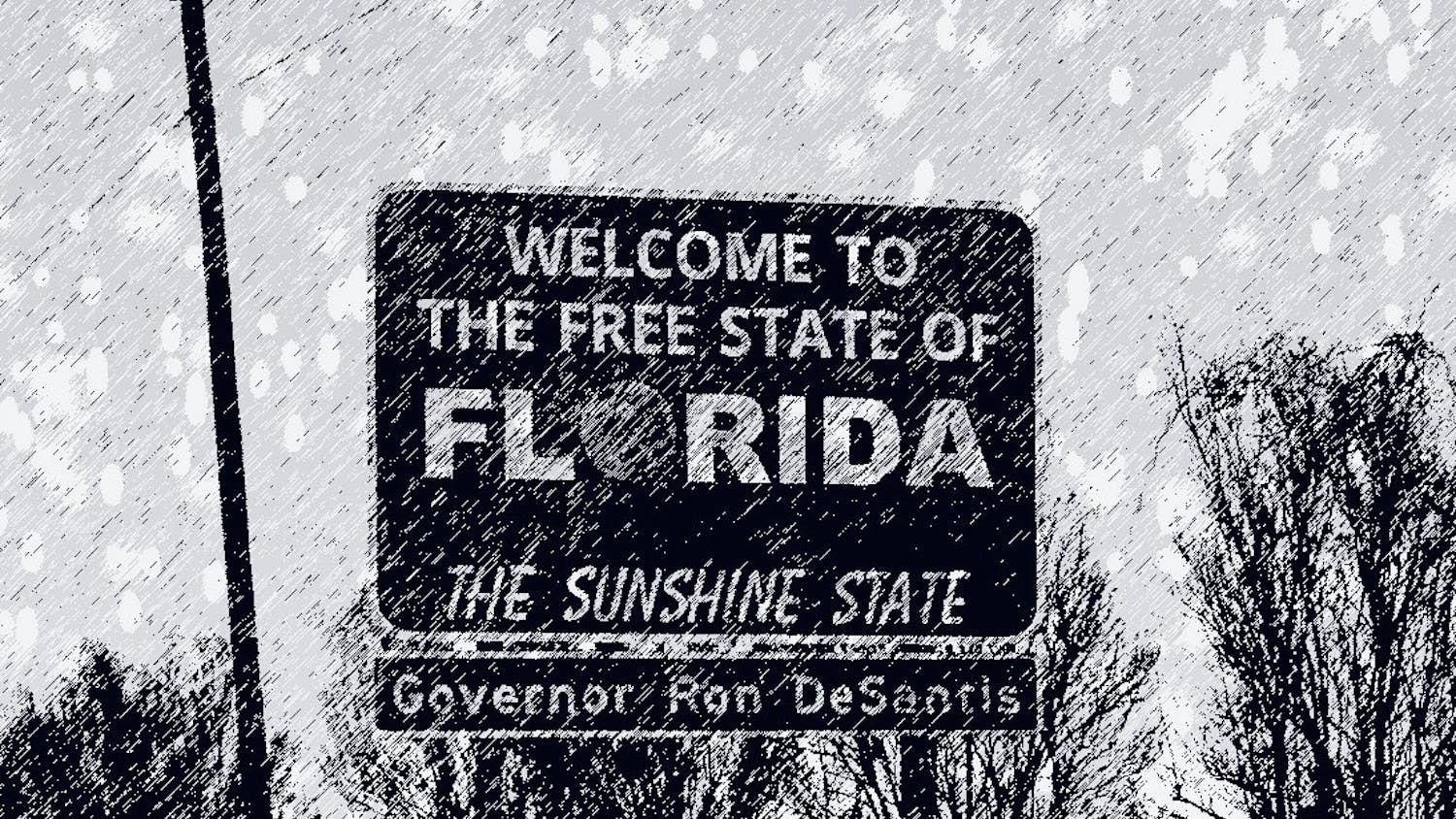A new plan from the Obama administration that could cut the costs for community college students is moving closer to fruition.
On Saturday morning, Vice President Joe Biden announced a basic outline to President Barack Obama’s plan called “America’s College Promise” that would make the first two years of community college free.
To cover the fee of two free years, Biden proposed closing loopholes for the wealthiest investors and imposing a .07 percent tax on the biggest banks to discourage behavior that crashed the economy a few years ago. Biden did not elaborate further.
Keith Simpson, a 23-year-old Santa Fe College organization management senior, wishes he could have benefited from this plan.
To attend college, he worked nearly 30 hours a week and relied on student loans for the past three years. He’s graduating this summer with $15,000 of debt.
“I think if we were able to provide young students with a chance to educate themselves and make themselves better,” Simpson said, it’d be better for everyone.
Santa Fe President Jackson Sasser shared a similar sentiment.
He said to present the plan to Congress and U.S. residents, the Obama administration will have to highlight the economic benefits of community colleges.
Sasser said community colleges helped lift the U.S. out of its recent recession by providing people with education, which allowed them to get better jobs.
If the plan passes Congress, students will need to attend school at least part time, maintain a 2.5 GPA and work toward completing their degree. Community colleges will be required to strengthen their programs and increase graduation rates, and states will have to invest more in higher education and training.
According to a White House fact sheet, an estimated 9 million students could benefit from Obama’s plan.
During her visit to Santa Fe earlier this semester, second lady Jill Biden told a large group of students, faculty and staff about the importance community colleges have in bettering people’s lives.
By 2020, she said, two-thirds of job openings “will require some form of higher education.”
[A version of this story ran on page 5 on 4/14/2015]





